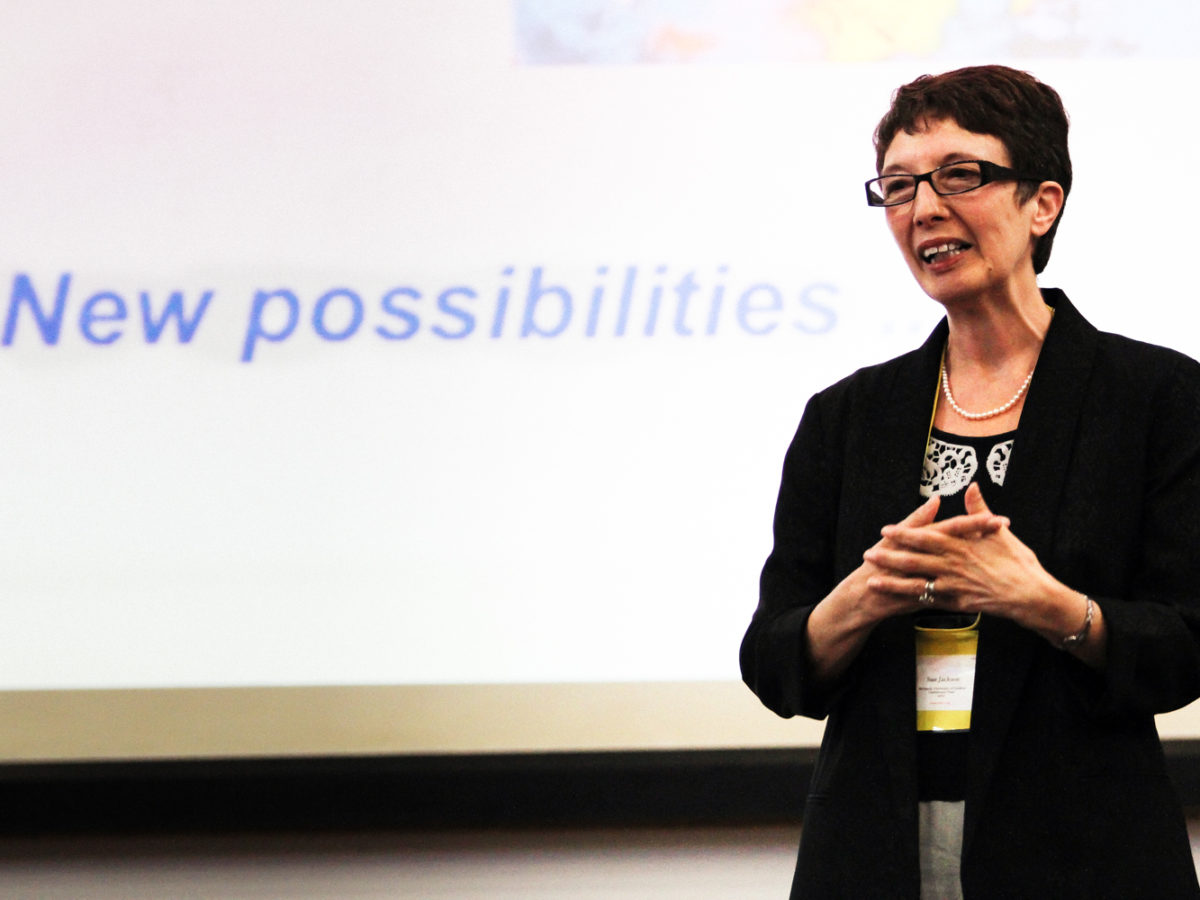Videos
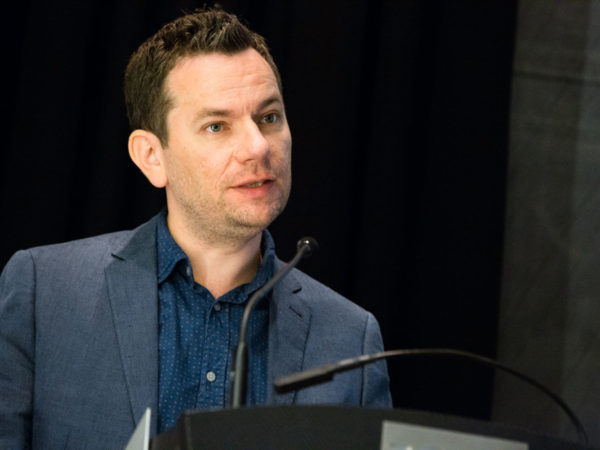
Memory and the Modern City
Densely populated, cities are also thickly inhabited by memories. This lecture explores the processes by which some aspects of the past are physically or emotionally inscribed into the built landscape, while others are overlooked or forgotten.
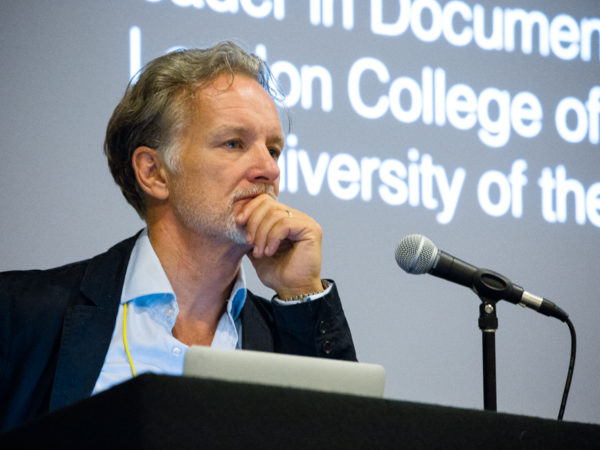
Testimonies of Light: Photography, Witnessing and History
In his Keynote Presentation at ECAH2017, Dr Paul Lowe from the University of the Arts London discusses how the photographic image has engaged with the historical moment, from its inception in the mid nineteenth century to the present day.
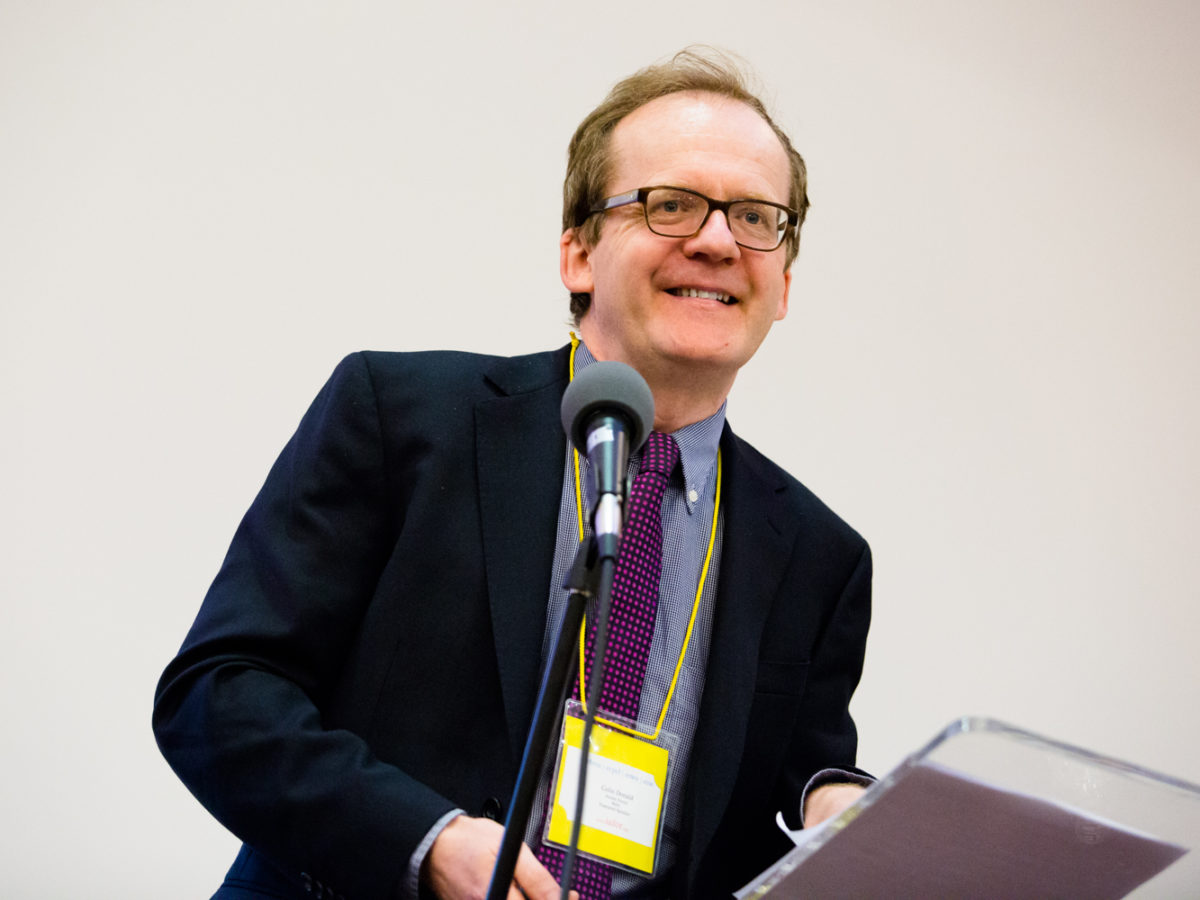
Renewable Energy and Scotland
The late IAFOR Chairman, Professor Stuart D. B. Picken, interviews Colin Donald, Business Editor of the Sunday Herald.
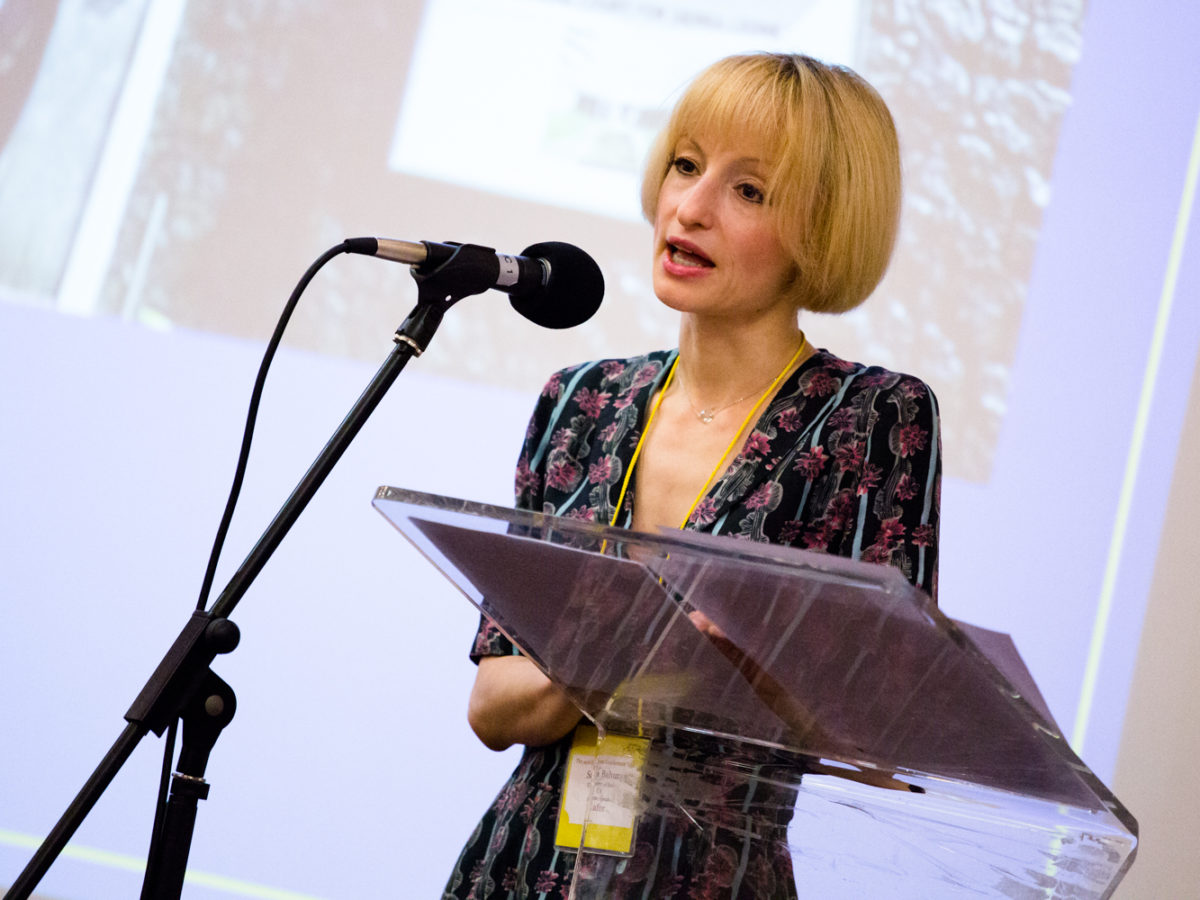
Literature, Justice, Transition
“literary works of art can give voice to the victims to tell their story, function as tools of memorialisation and documentation, and offer interpretations of reconciliation processes and of legality itself”
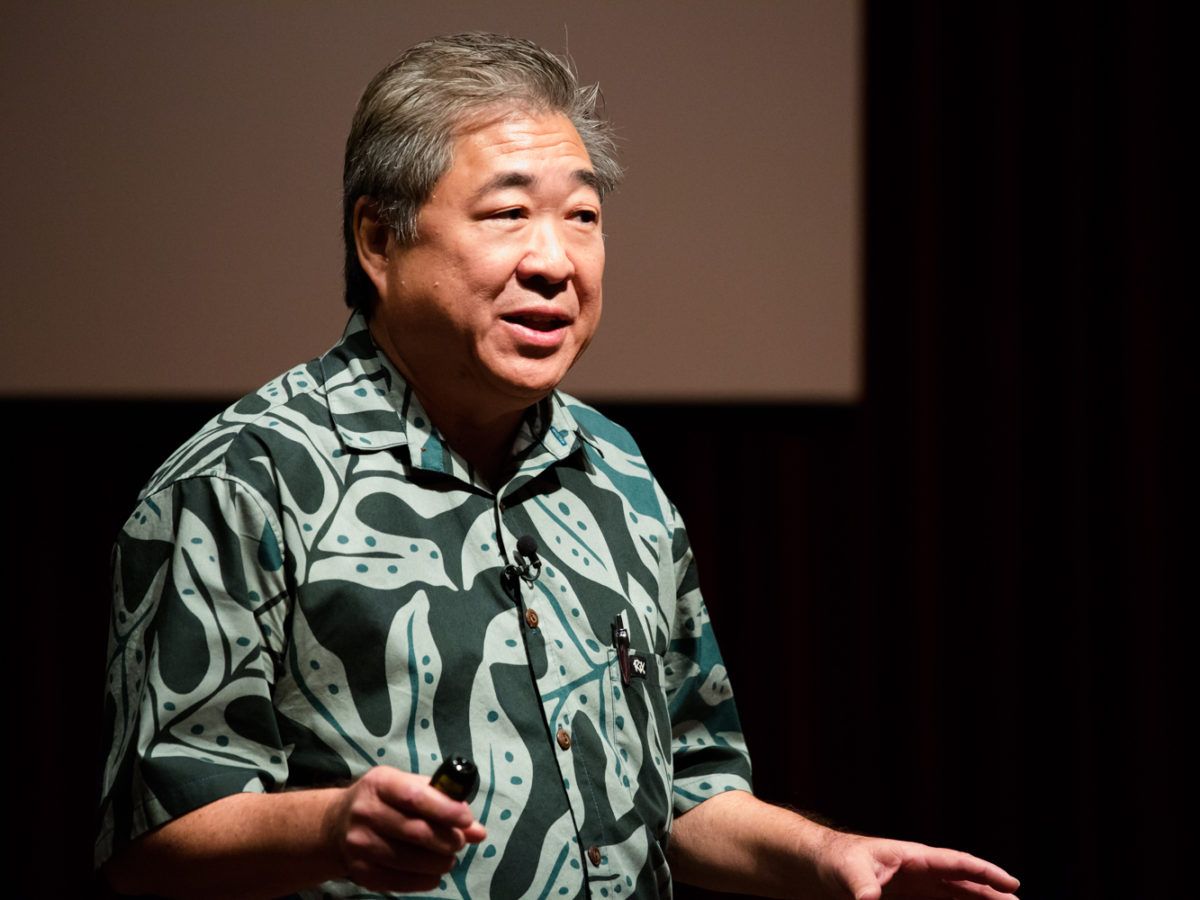
Emerging Technology – The Learner Awakens
Professor Curtis Ho of the University of Hawai’i at Manoa explores how students use multiple tools, including gaming, robotics and virtual learning environments, for both formal and informal learning.
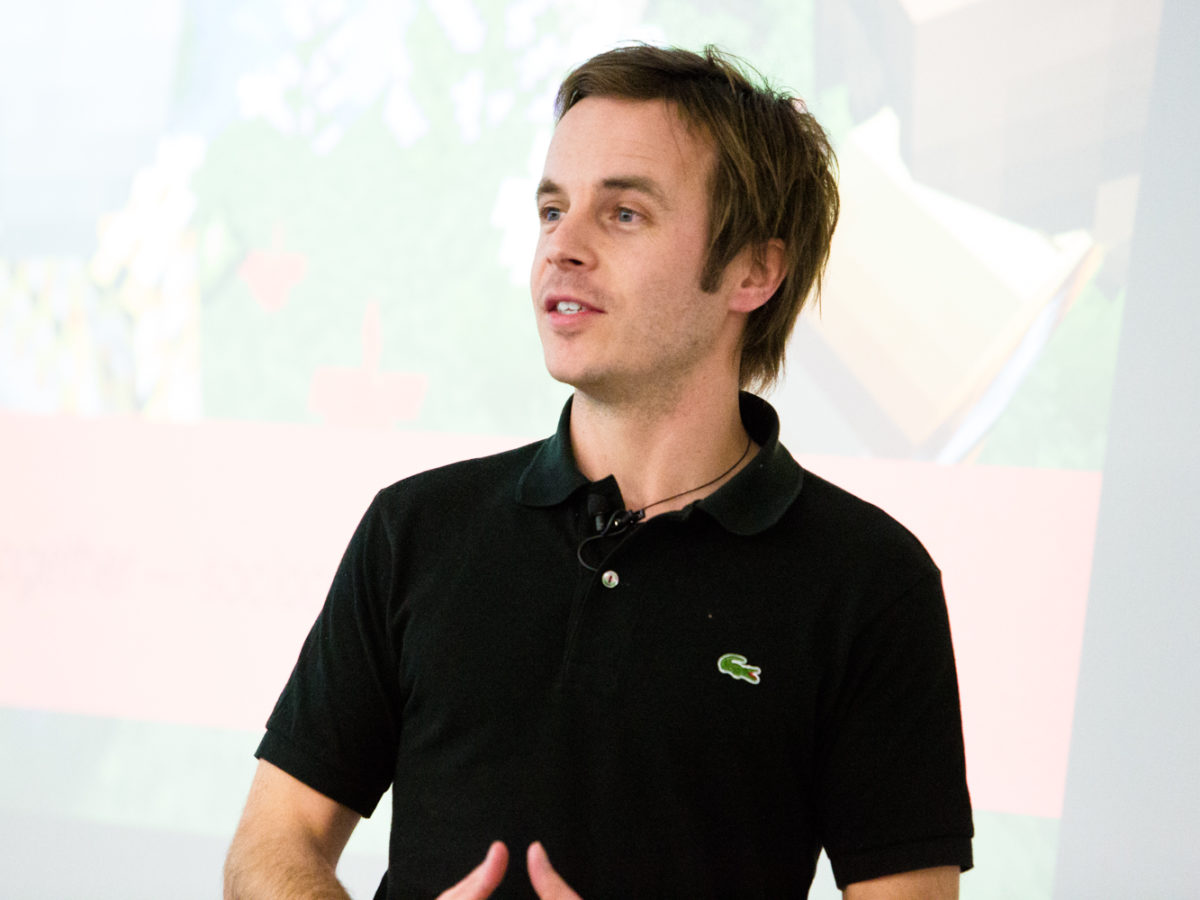
Kotoba Miners – Gaming and Language Learning
James York discusses his Kotoba Miners project which brings together English-language and Japanese-language learners in a cooperative virtual language learning environment.
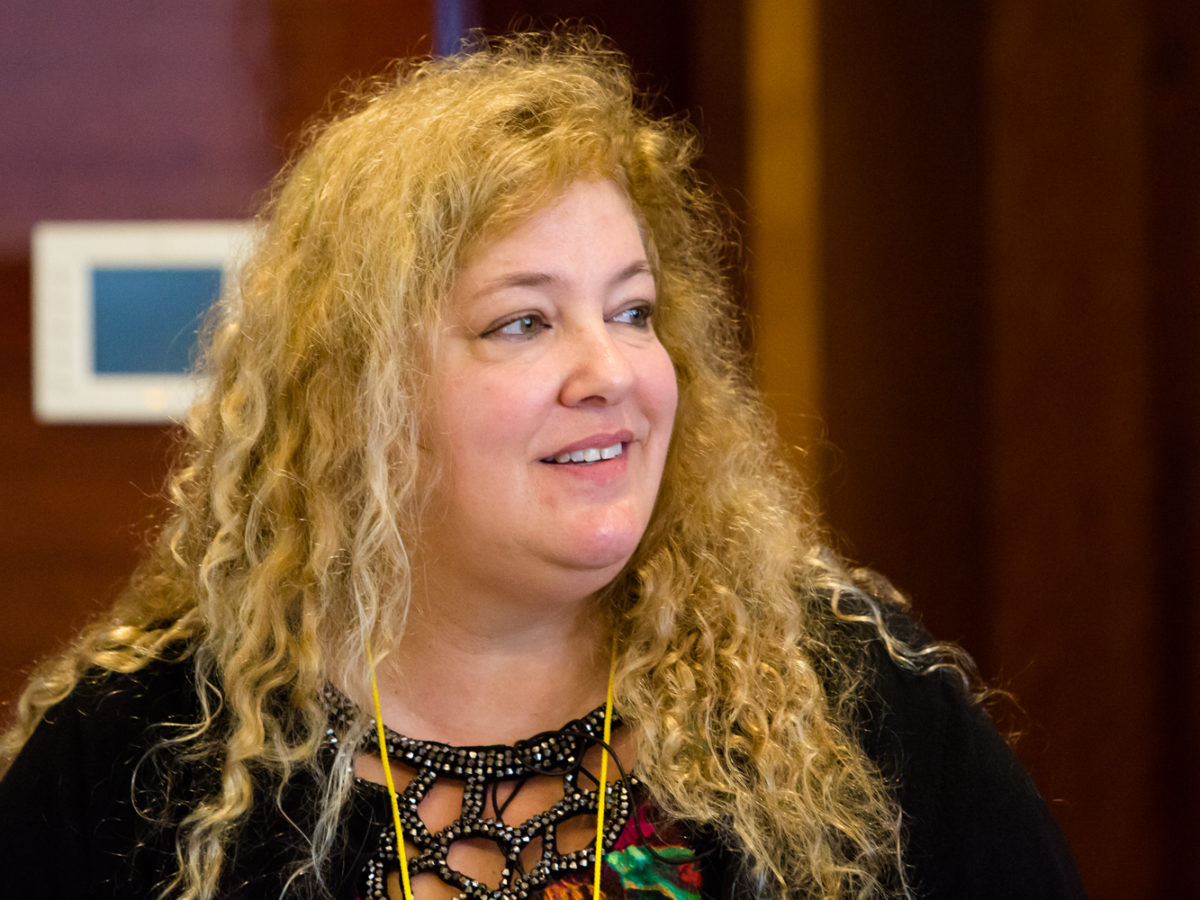
Best Practice in ELT: 10 Traits of a Highly Effective Teacher
Dr Christine Coombe of Dubai Men’s College explores the 10 characteristics that she finds essential for success in the classroom and in educational institutions.
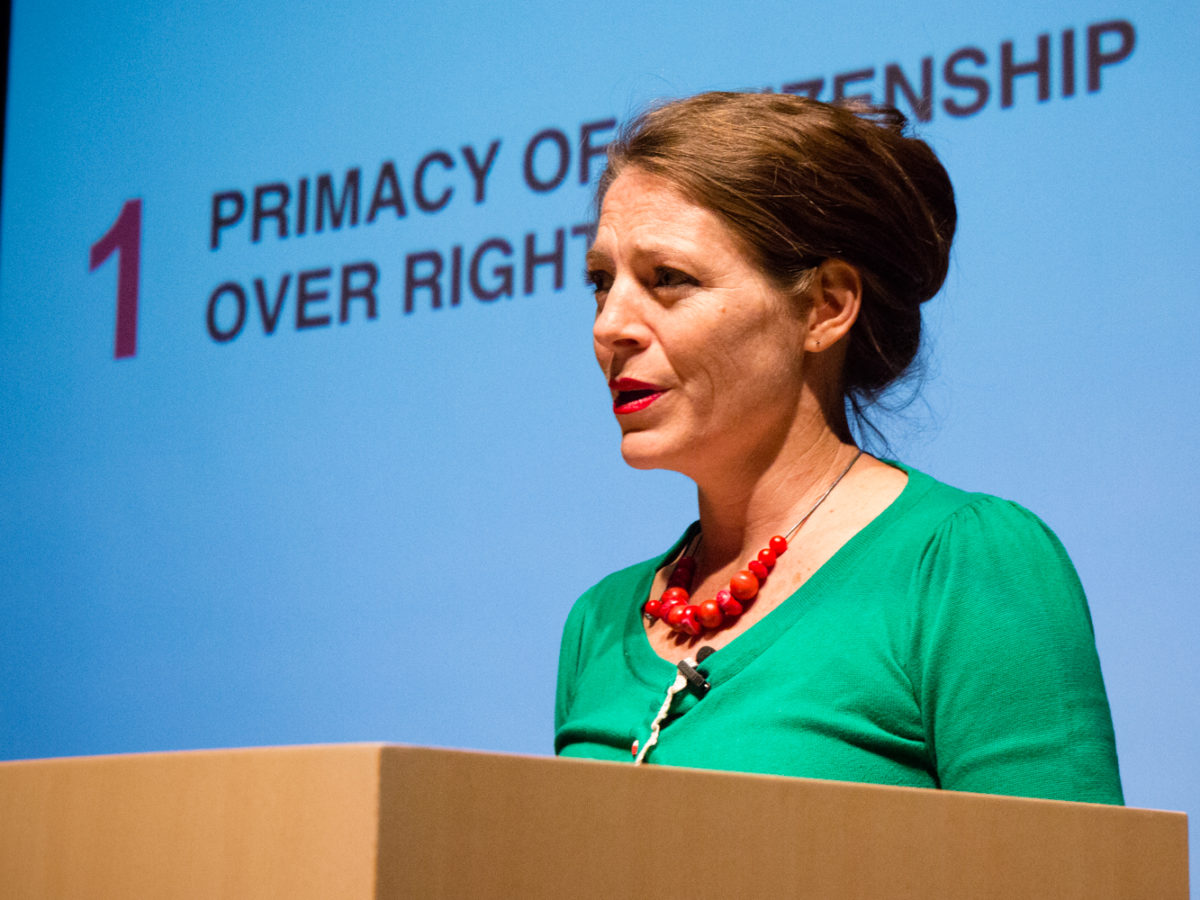
Child Rights, Digital Issues and Cyber Safety
Professor Baden Offord of Curtin University and Professor Amanda Third of the University of Western Sydney discuss the impact new technologies are having on children’s rights.
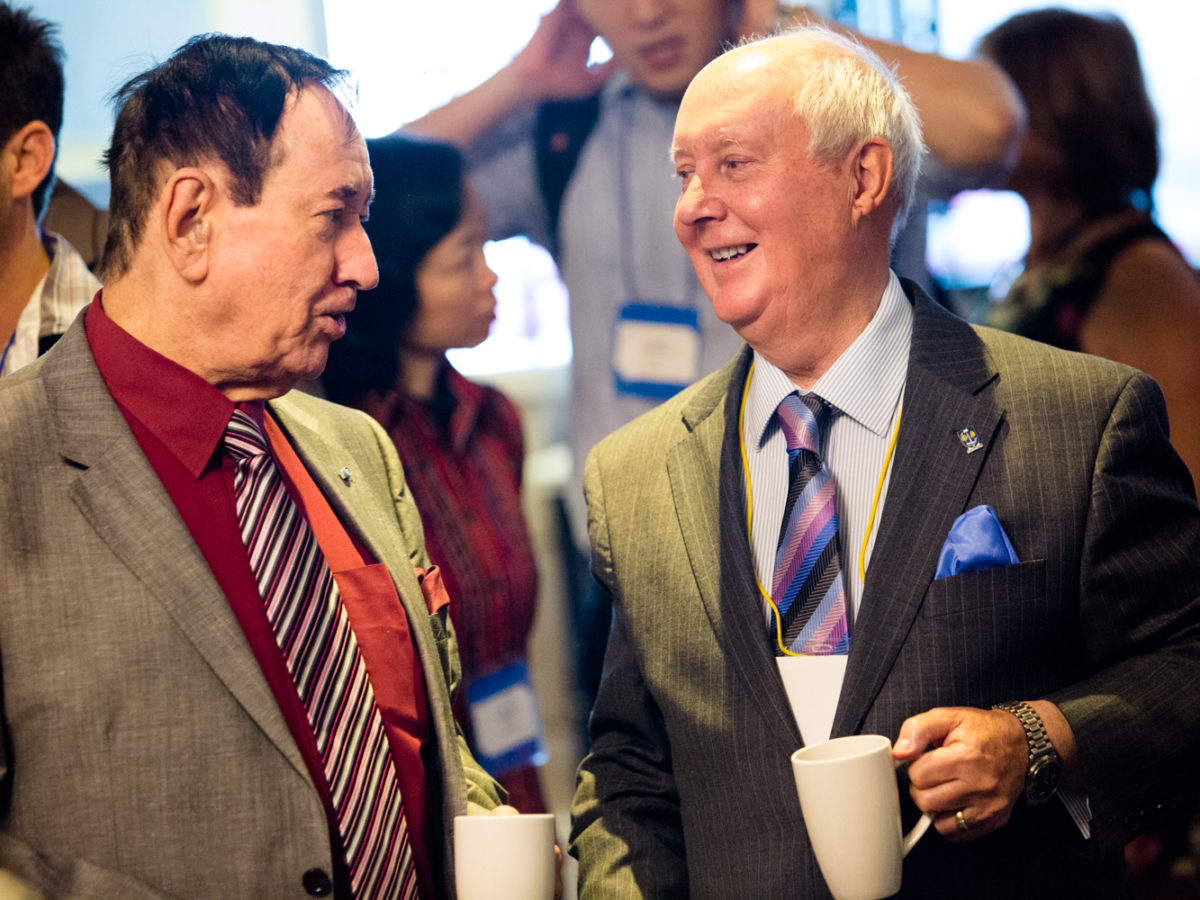
Climate Change and Nature’s Social Union
IAFOR Chairman, the late Professor Stuart D. B. Picken discusses the dilemma modern societies face in regards to climate change with the Chancellor of the University of Glasgow, Sir Kenneth Calman.
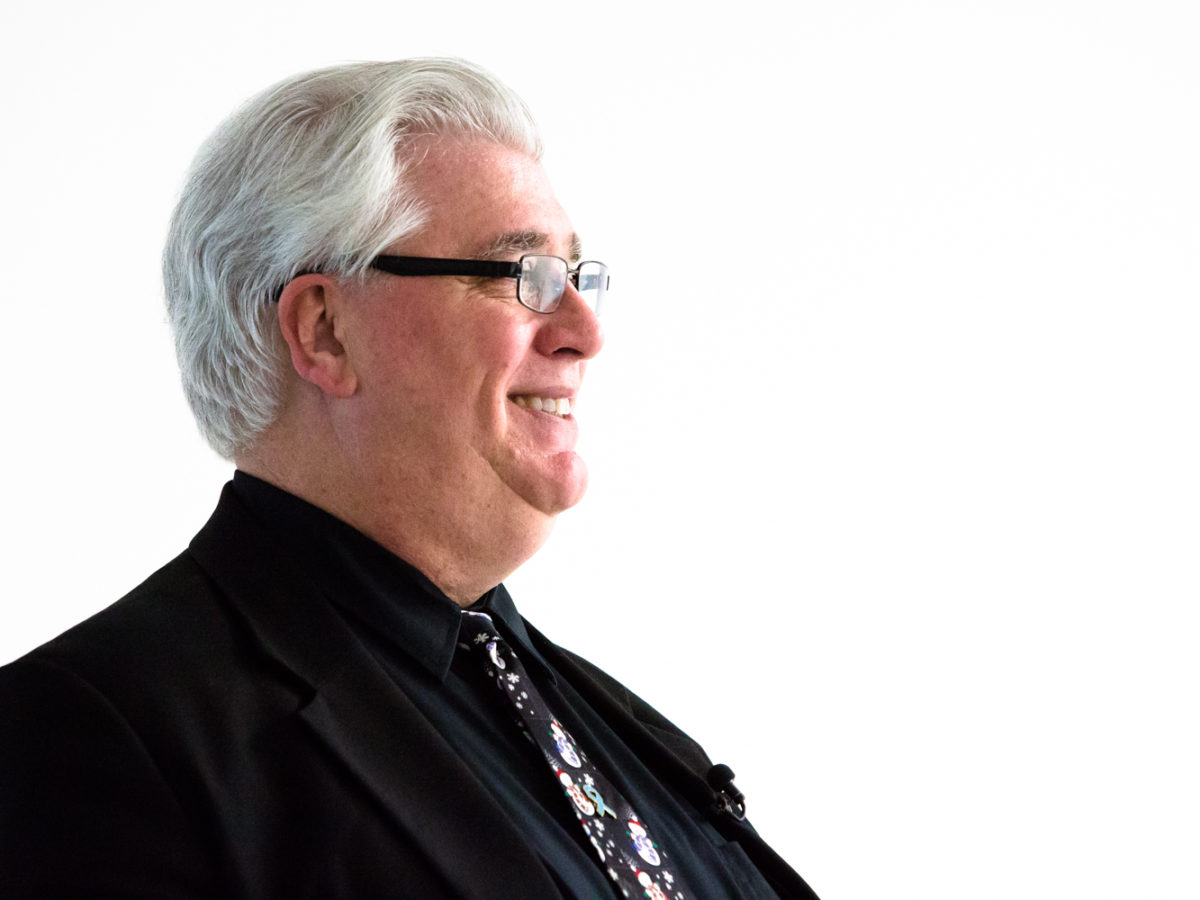
Data Collections, Resources and Tools for Aging Research (NACDA)
Using the National Archive of Computerized Data on Aging (NACDA) as a working example, Dr James McNally explains the advantages of having a local strategy geared toward the preservation and sharing of gerontological research data.
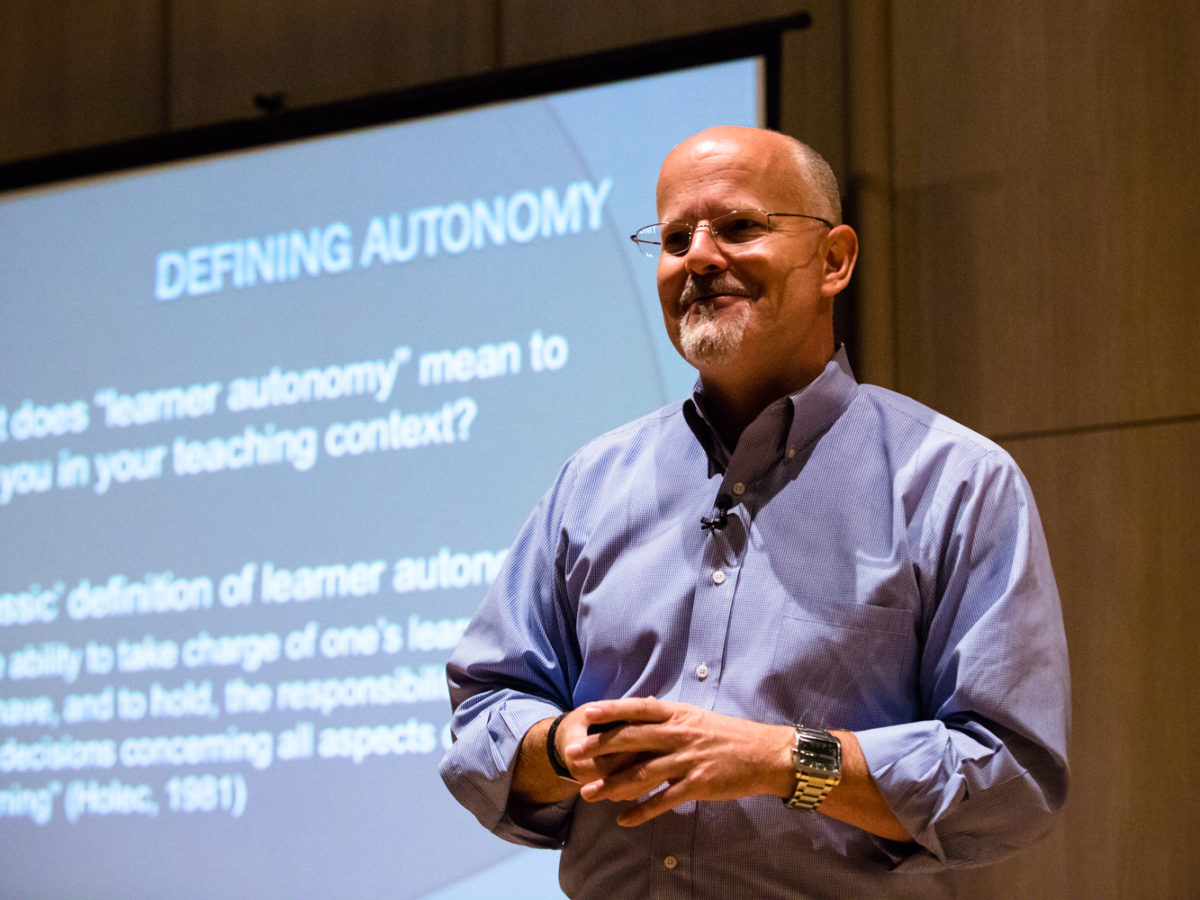
JALT, International Programs and Learner Autonomy
IAFOR International Director of Programme for Language Learning, Professor Steve Cornwell interviews Dr Richmond Stroupe about his work with JALT and Learner Autonomy.
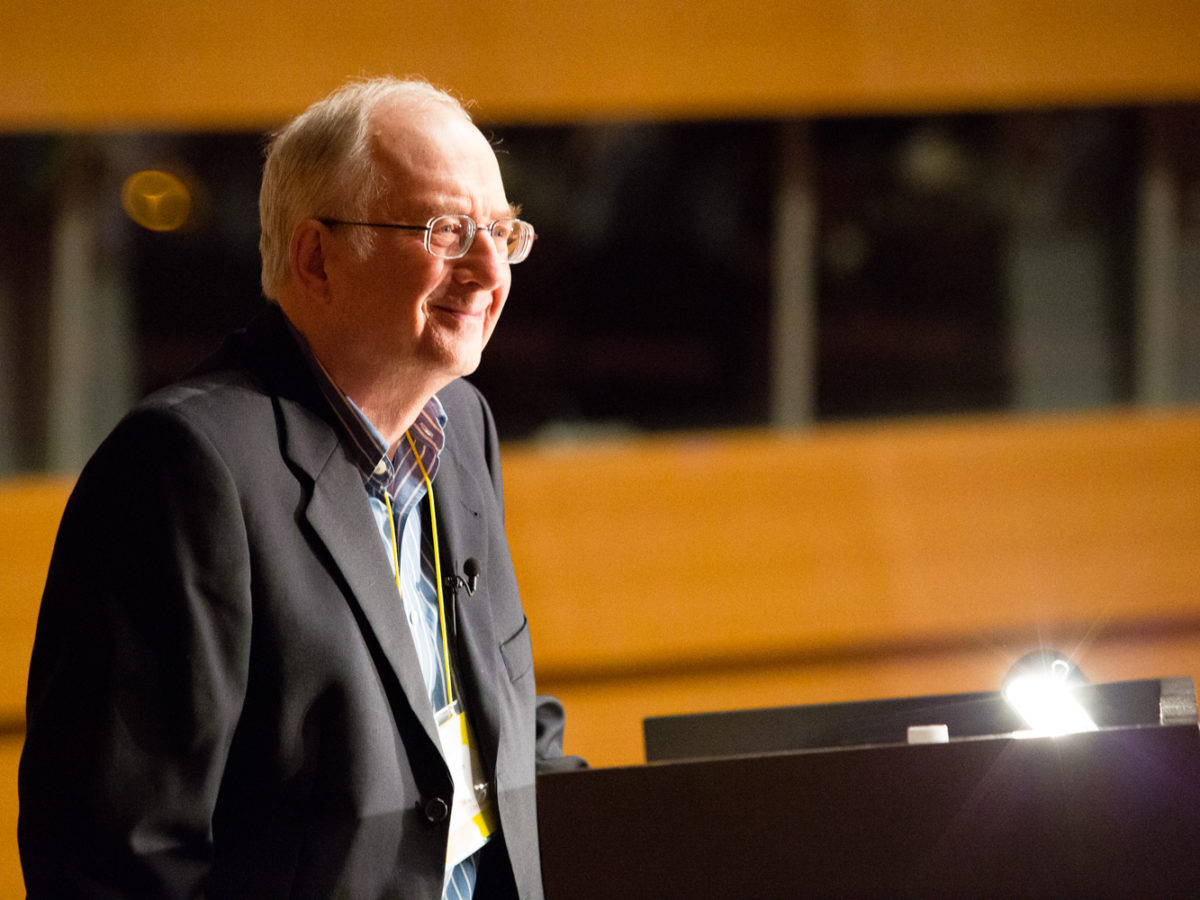
The Lack of Multiculturalism in the American Literary Canon
Professor Myles Chilton, The Asian Conference on Arts & Humanities 2015 (ACAH2015) Conference Co-Chair, interviews Keynote Speaker, Dr A. Robert Lee.
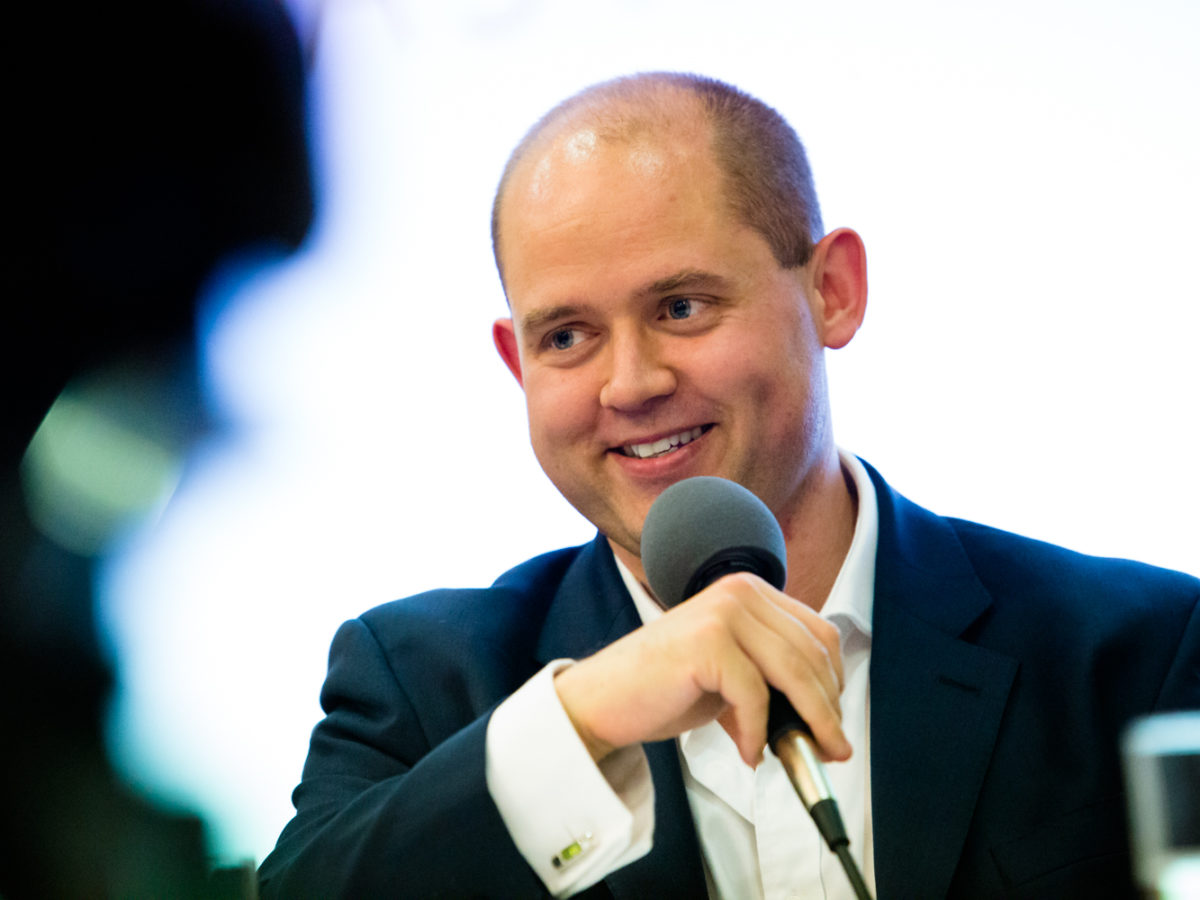
BBC Media Action
As part of The European Conference on Media & Mass Communication 2015 (EuroMedia2015), IAFOR President, Dr Joseph Haldane, conducted a panel discussion and Q&A session with Jon Elford of BBC Media Action.
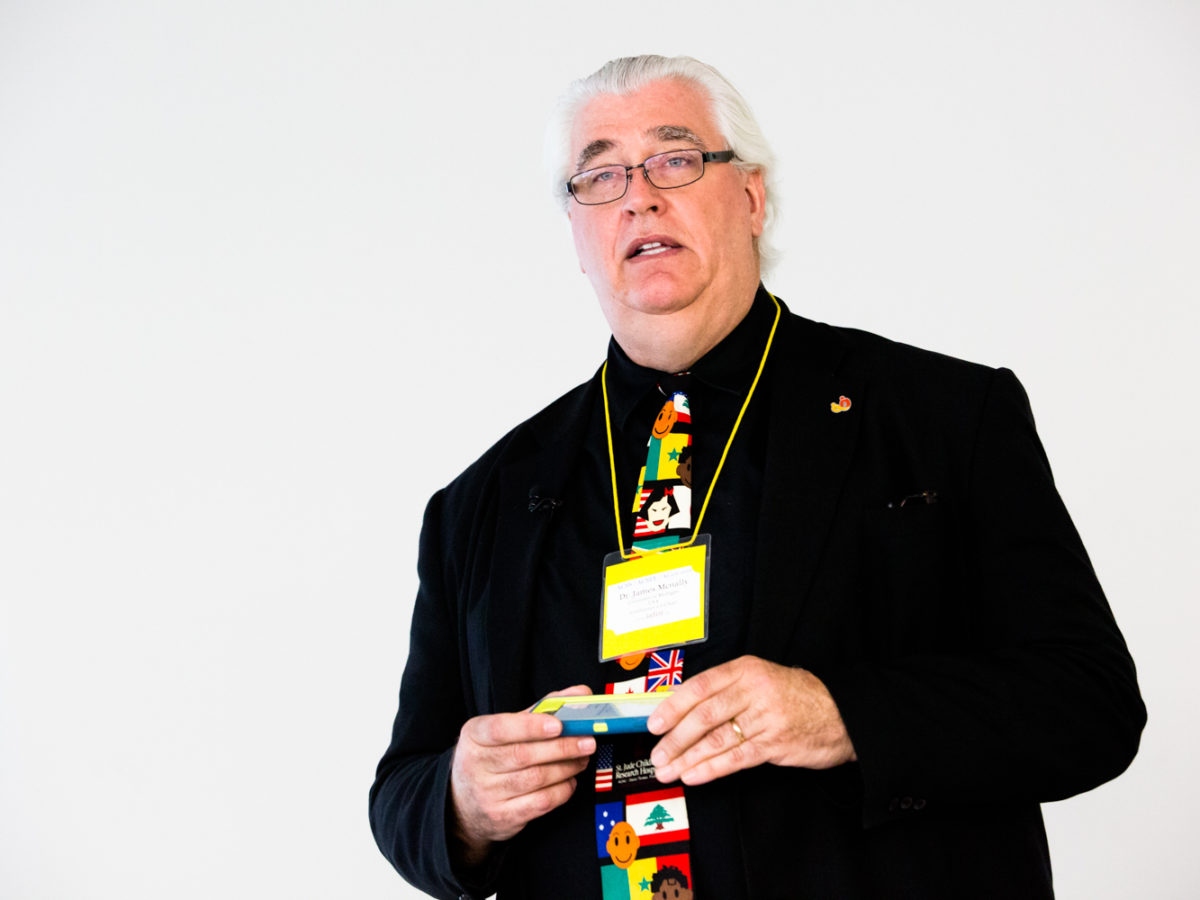
The Impact of Family Support on the Mental Health of the Elderly
In this interview, IAFOR IAB Executive Council Member Professor Dexter Da Silva talks with the Director of The National Archive of Computerized Data on Aging (NACDA) Dr James McNally.
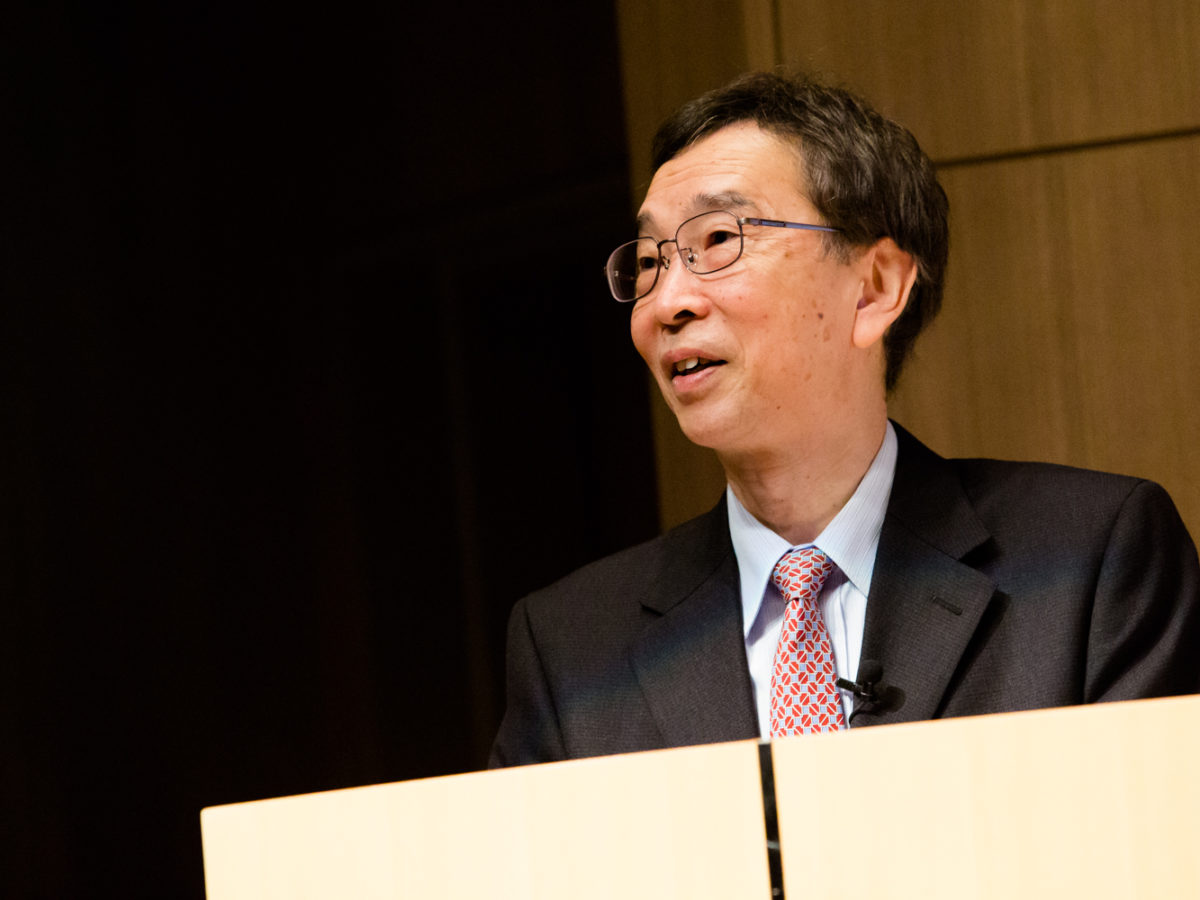
Social Science Japan Data Archive and Resources for Aging Research in Japan
This presentation examines the current state of the data-archiving activities in Japan, introduces the Social Science Japan Data Archive (SSJDA), and provides examples of resources available at the SSJDA and other institutions for aging research.
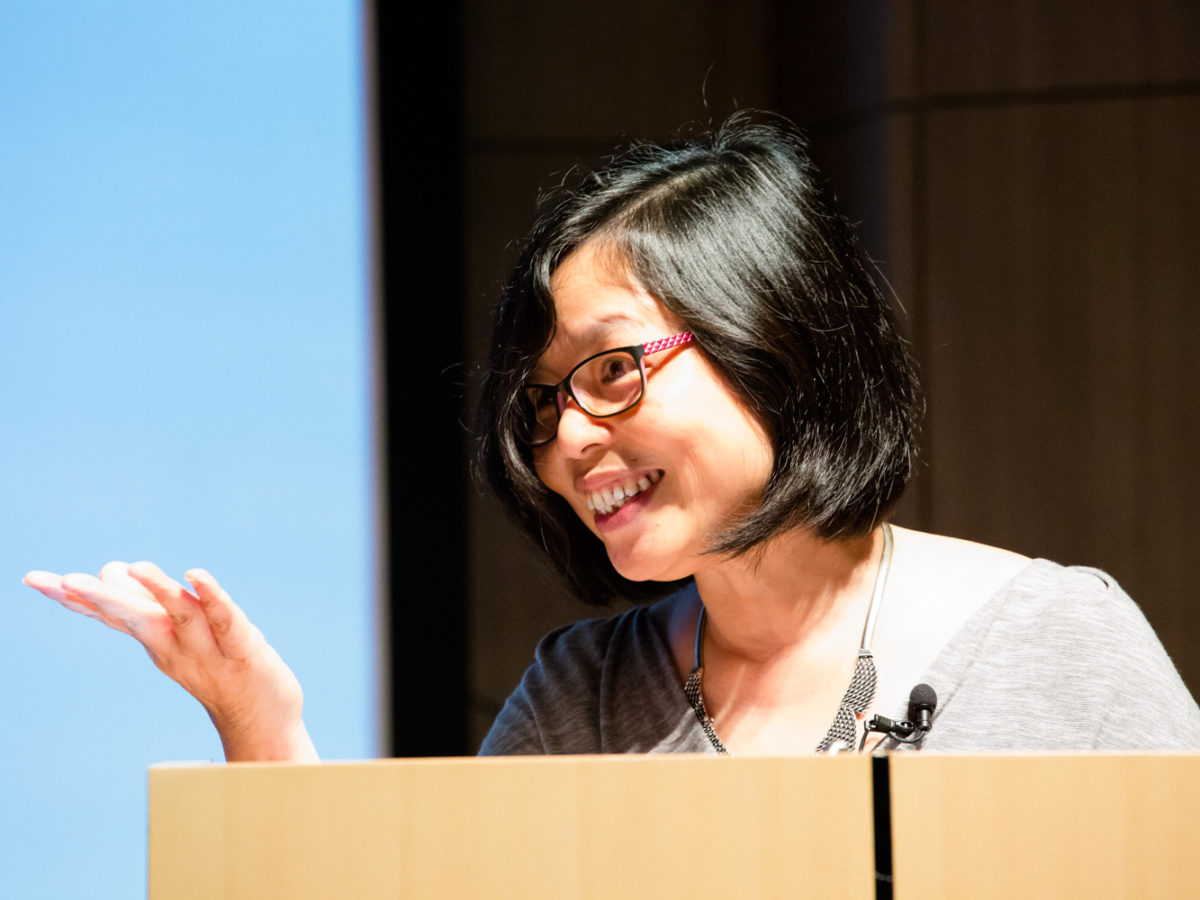
From Minzhong (民眾) to Juzhong (聚眾) – The Rise of the Multitude in Resistance
Dr Angela Wong Wai Ching explores the possibilities of conception and re-conception of the multitude as a resistant force in late capitalist societies like Hong Kong.
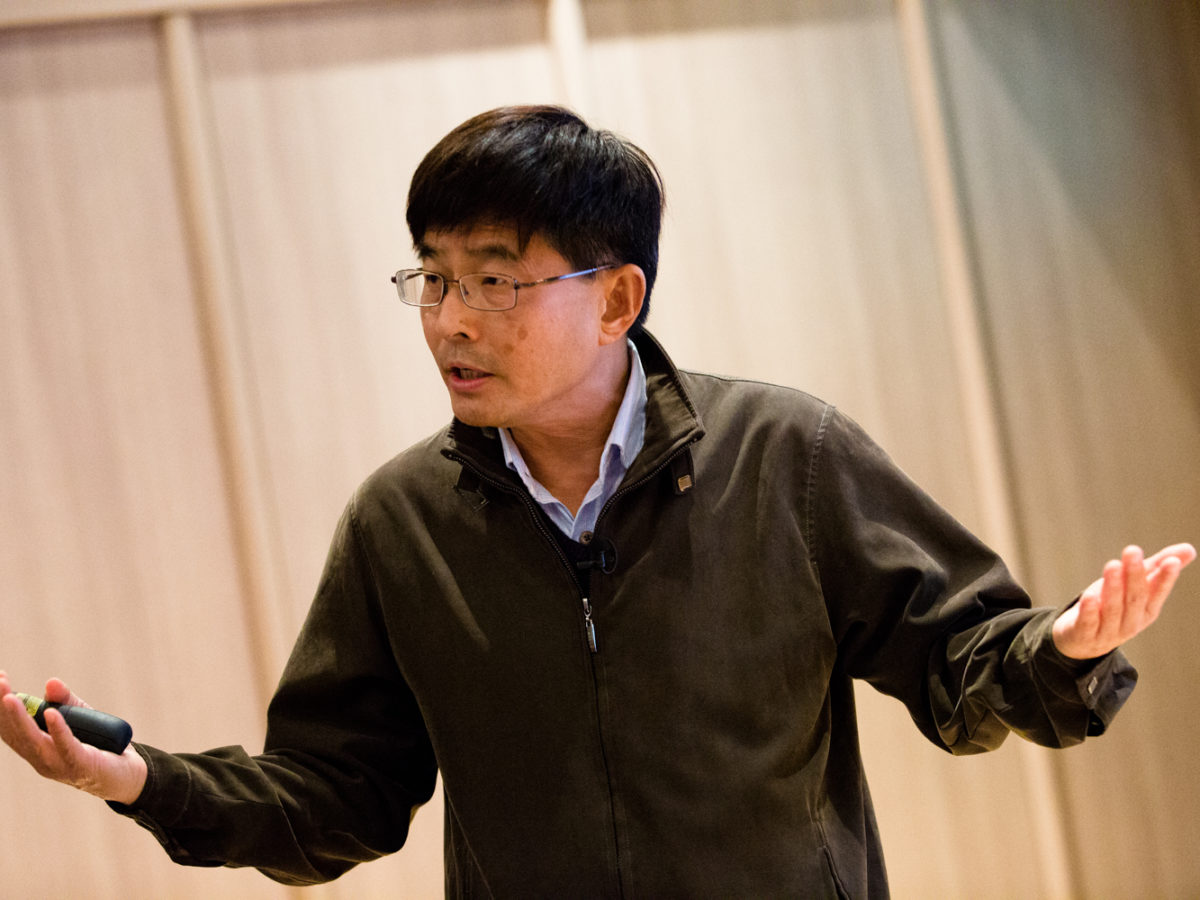
Public Policy, Interdisciplinarity and Arts-Activism
IAFOR President, Dr Joseph Haldane, discusses Public Policy, Interdisciplinarity and Arts-Activism with Tan Tarn How of the National University of Singapore.
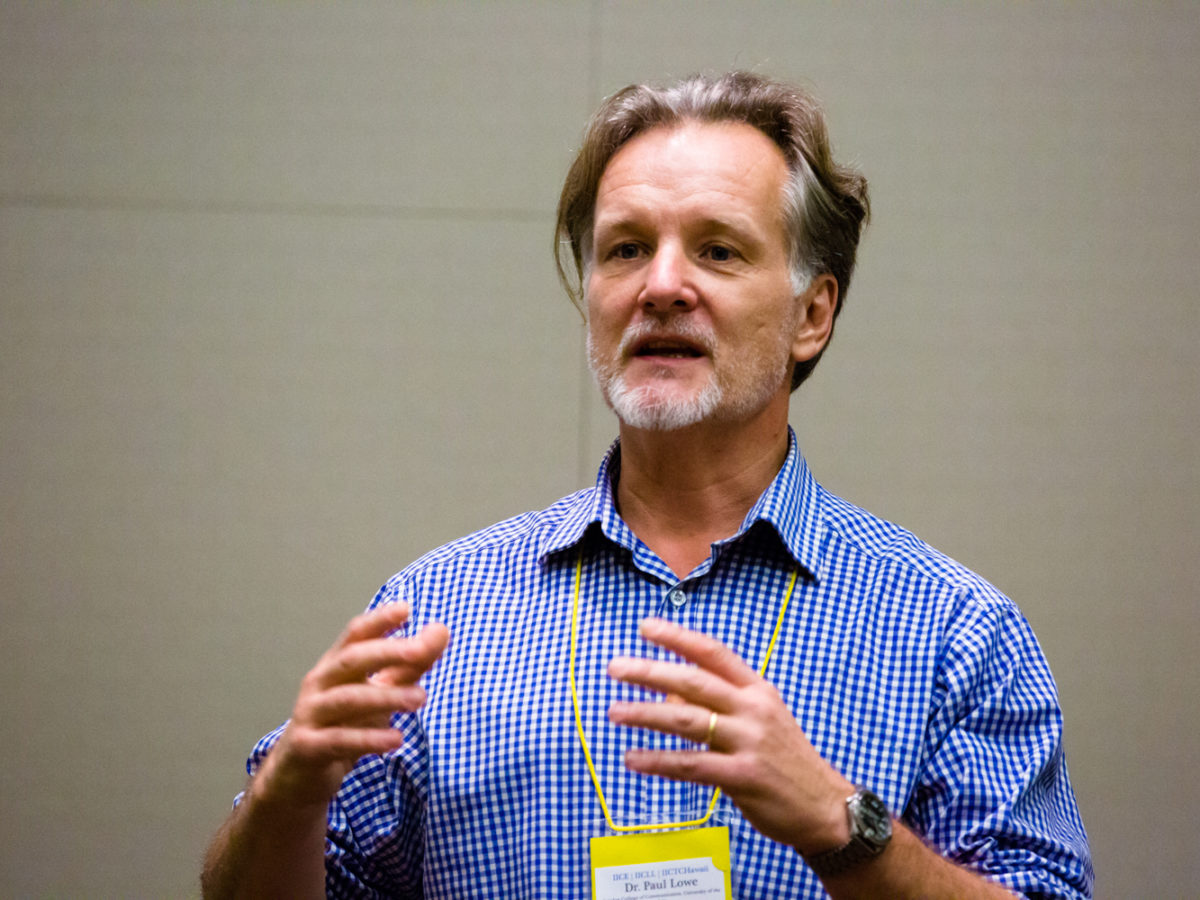
Learning Strategies in Practice-based Courses
Professor Steve Cornwell interviews IAFOR Keynote Speaker and award-winning photographer Dr Paul Lowe of the University of the Arts London.
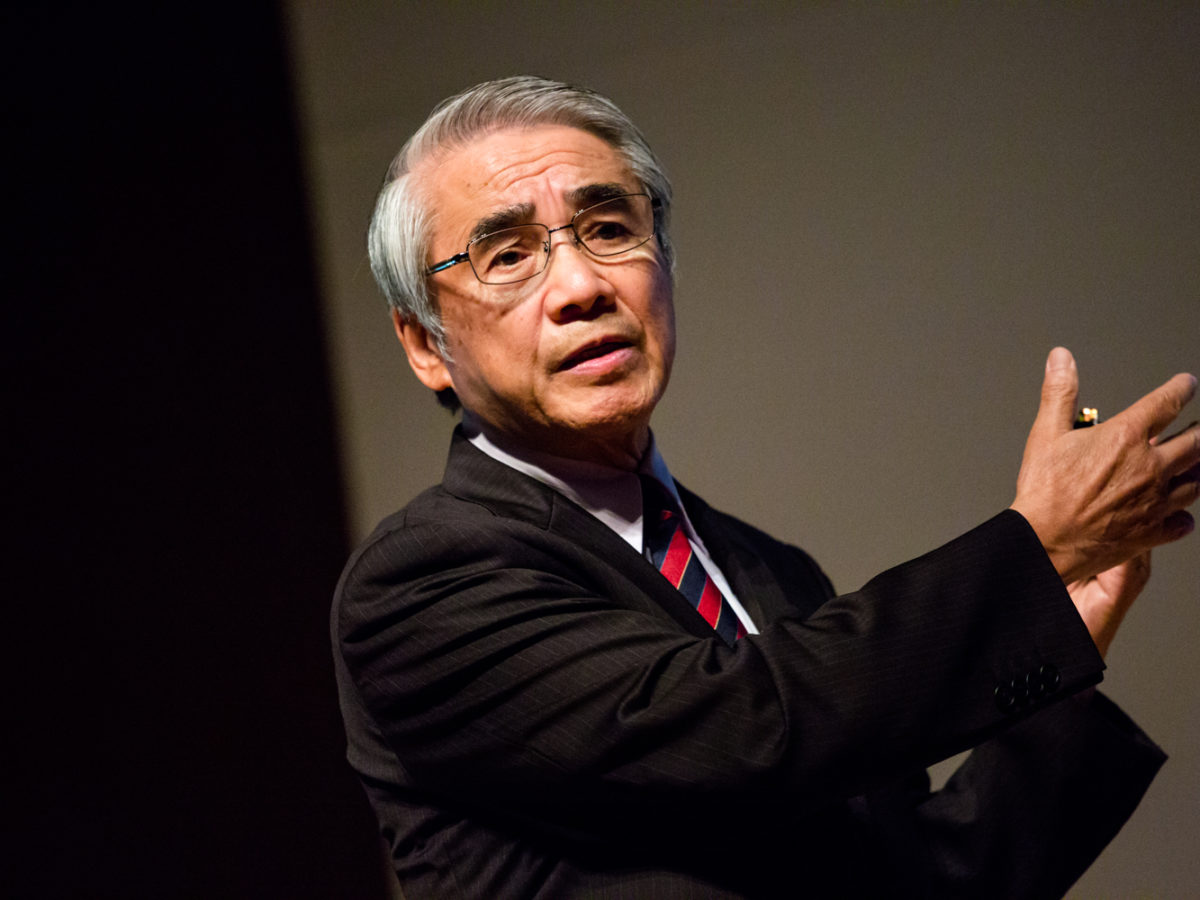
The United Nations and Human Rights
Professor Yozo Yokota gives a thorough and informative talk on his involvement with the United Nations and shares many of his personal experiences as UN Special Rapporteur to Myanmar.
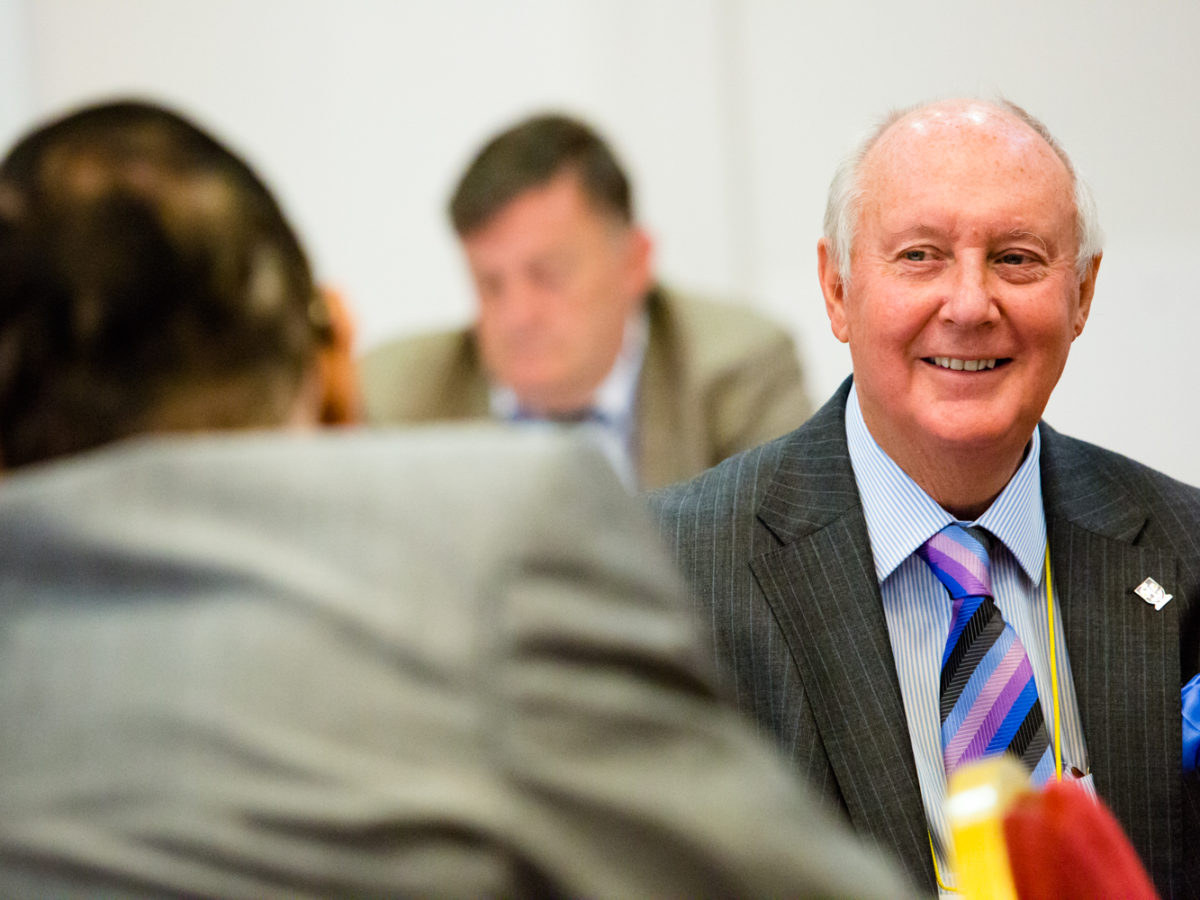
Power: The Impact of Energy Generation on Health and the Environment
Sir Kenneth Calman, Chancellor of the University of Glasgow, discusses the nature of the relationship between the means by which power, in the sense of energy, is generated and the implications for health and the environment.
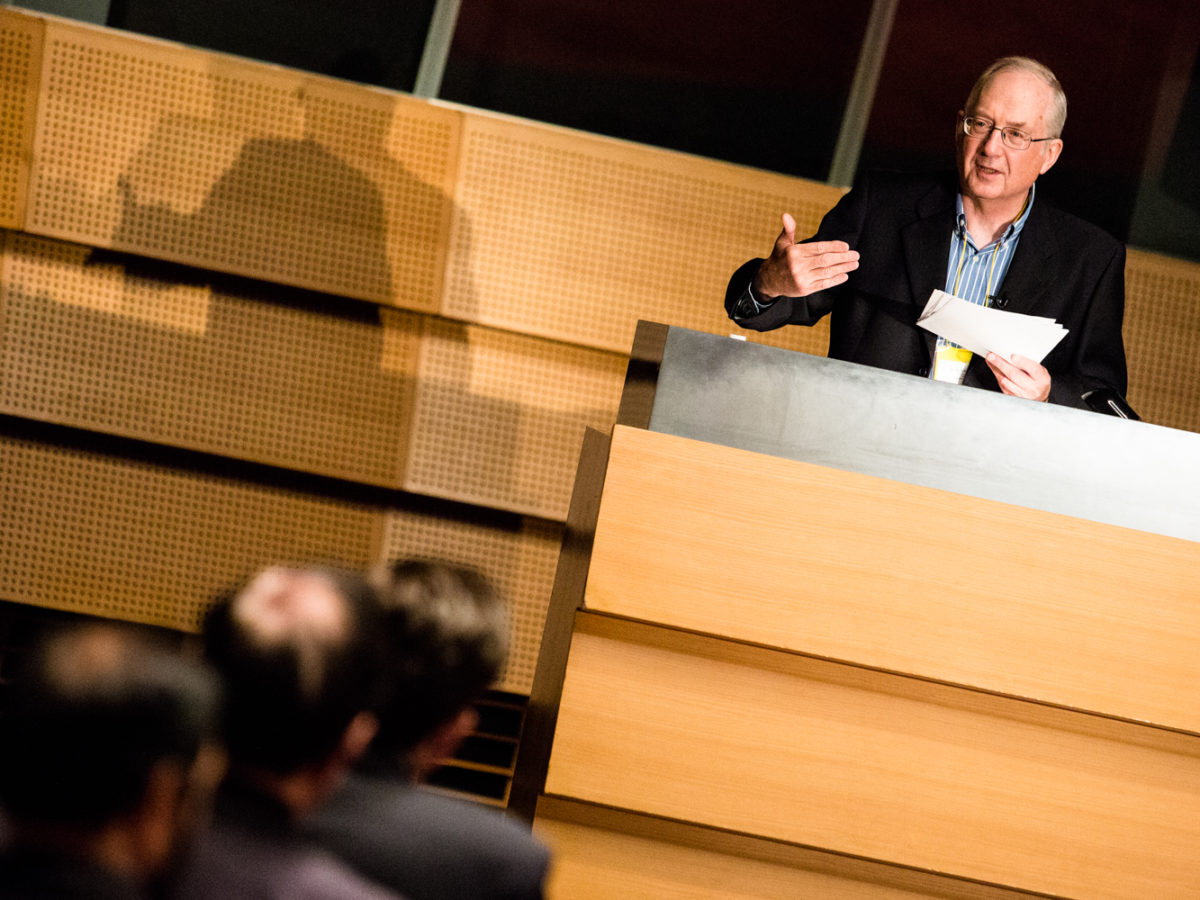
Writing Multicultural America: The Powers of Canon and Ethnicity
“Who gets to say what writing best speaks for the culture? Has there been a preemptive strike in which a largely white, male, protestant body of voice is taken to preside?”
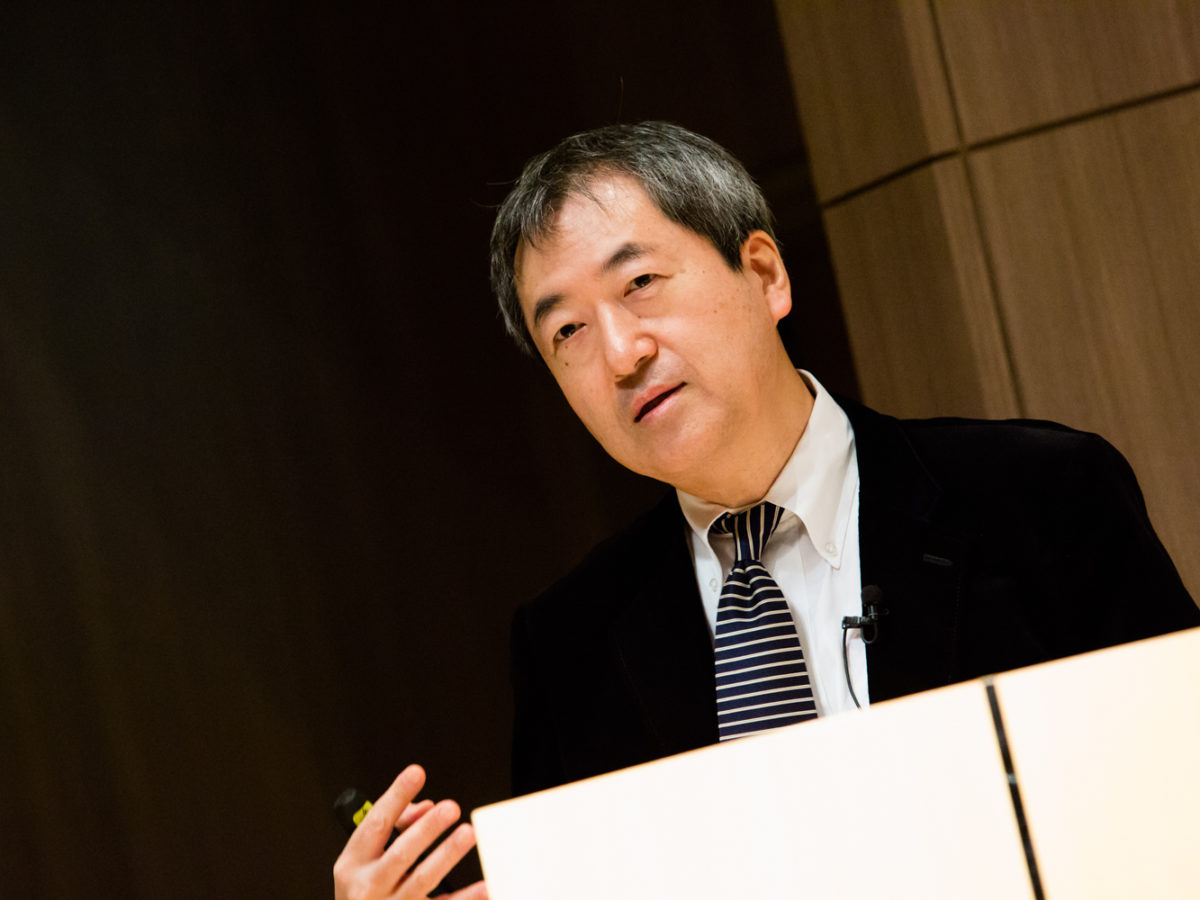
The Nihon University Japanese Longitudinal Study of Aging (NUJLSOA) – History and New Directions
Professor Yasuhiko Saito discusses The Nihon University Japanese Longitudinal Study of Aging (NUJLSOA) at The Asian Conference on Aging & Gerontology 2015 in Kobe, Japan.
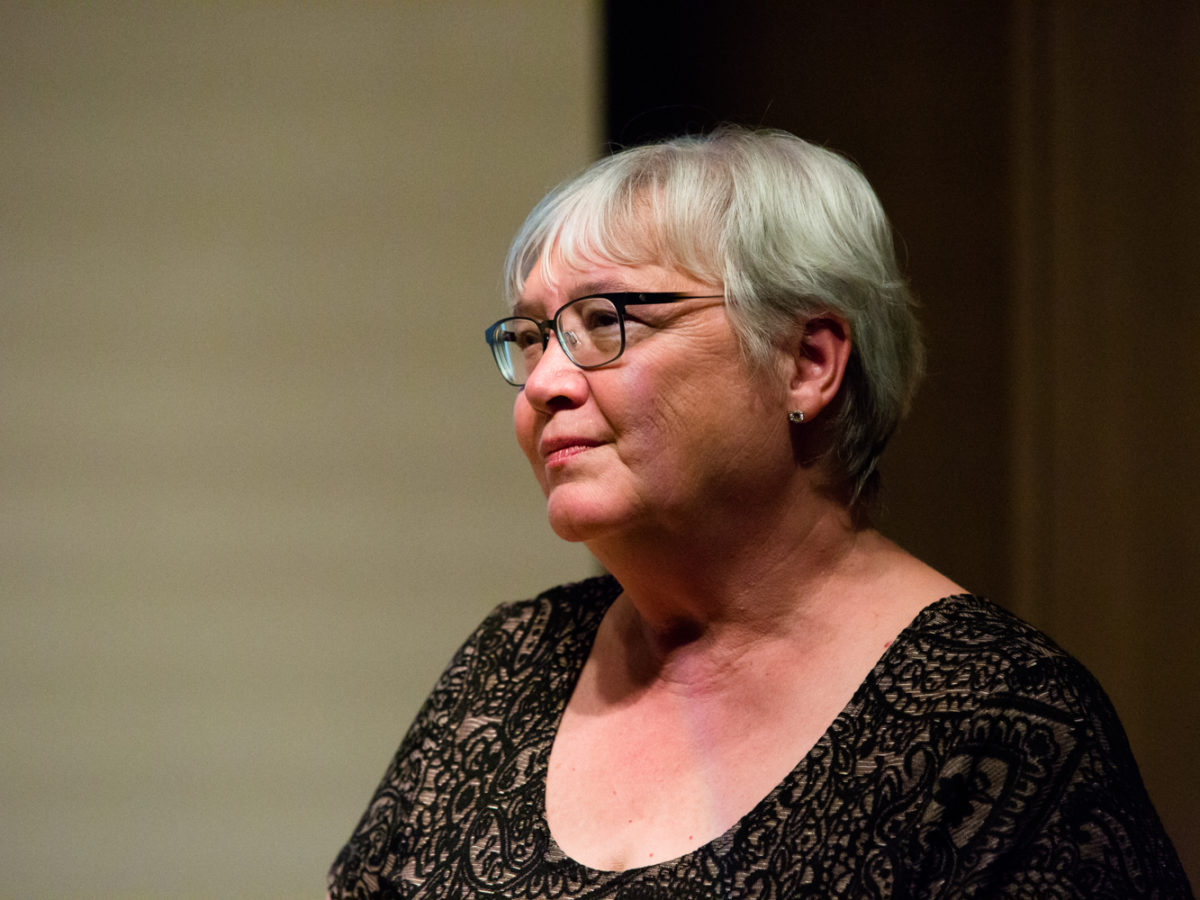
Empowering Learners and the Power of Words
In this follow-up interview to her Featured Presentation at The Asian Conference on Education 2015 (ACE2015) Dr Yvonne Masters sits down with ACE2015 Conference Chair, Professor Sue Jackson, to discuss learner empowerment.
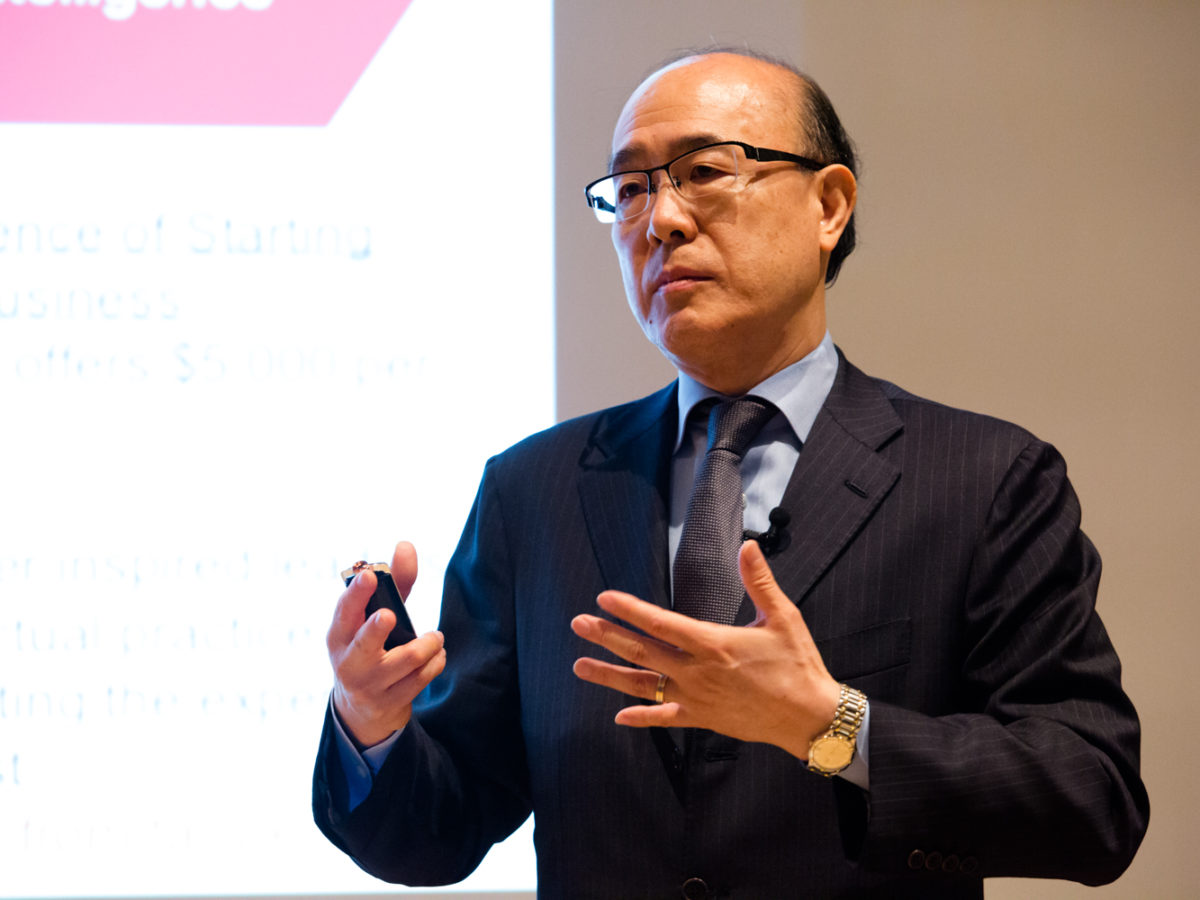
The Changing Focus of MBA Programs in America: Leadership Education at Harvard Business School
Nobuo Sato, Executive Director of the HBS Japan Research Center in Tokyo, examines the changes taking place in HBS MBA leadership education over a 15 year period, and the shifting focus of MBA programs in the US.
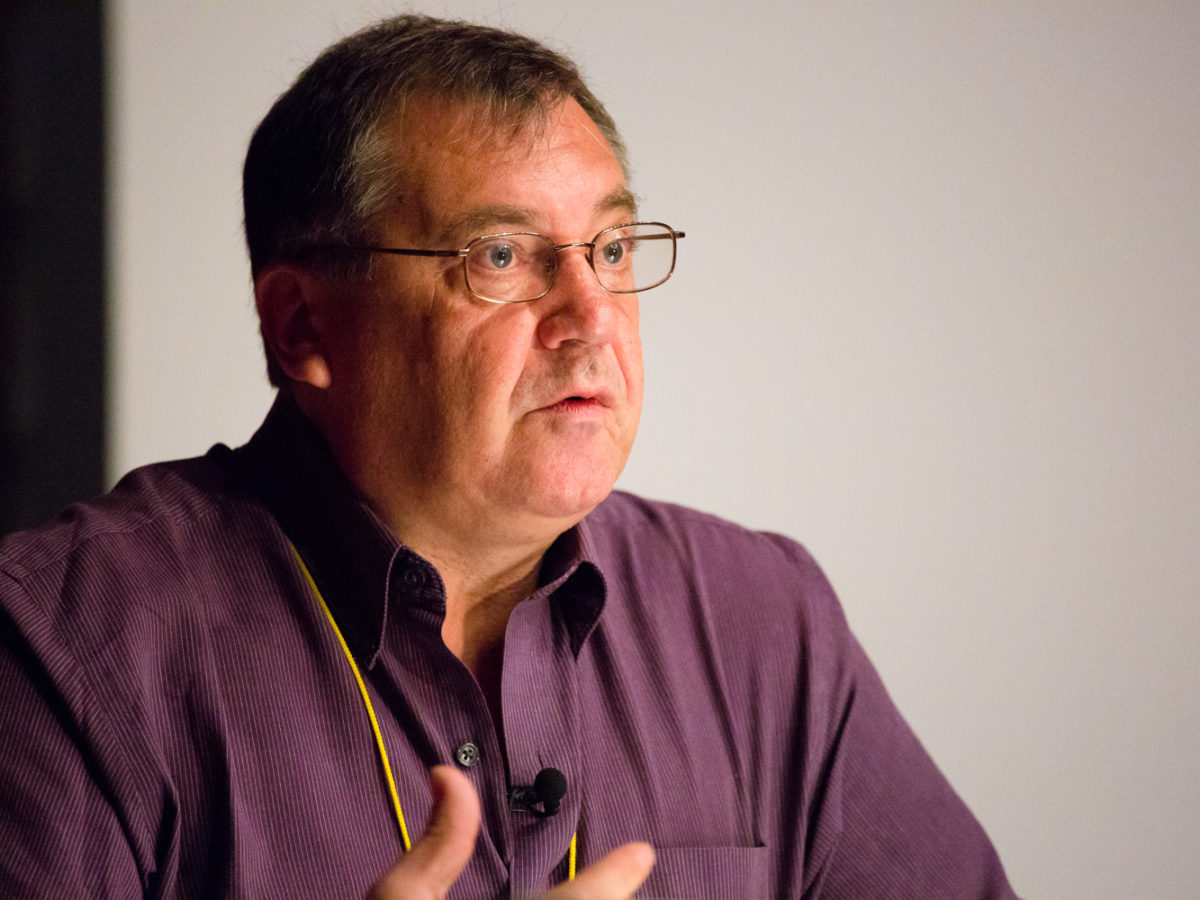
Powers of the Soul – A Very Different Theory of Justice
“While the Greeks were no strangers to the notion of external power… they conceived of such external power as having its sources in the soul of individuals and collectives.”
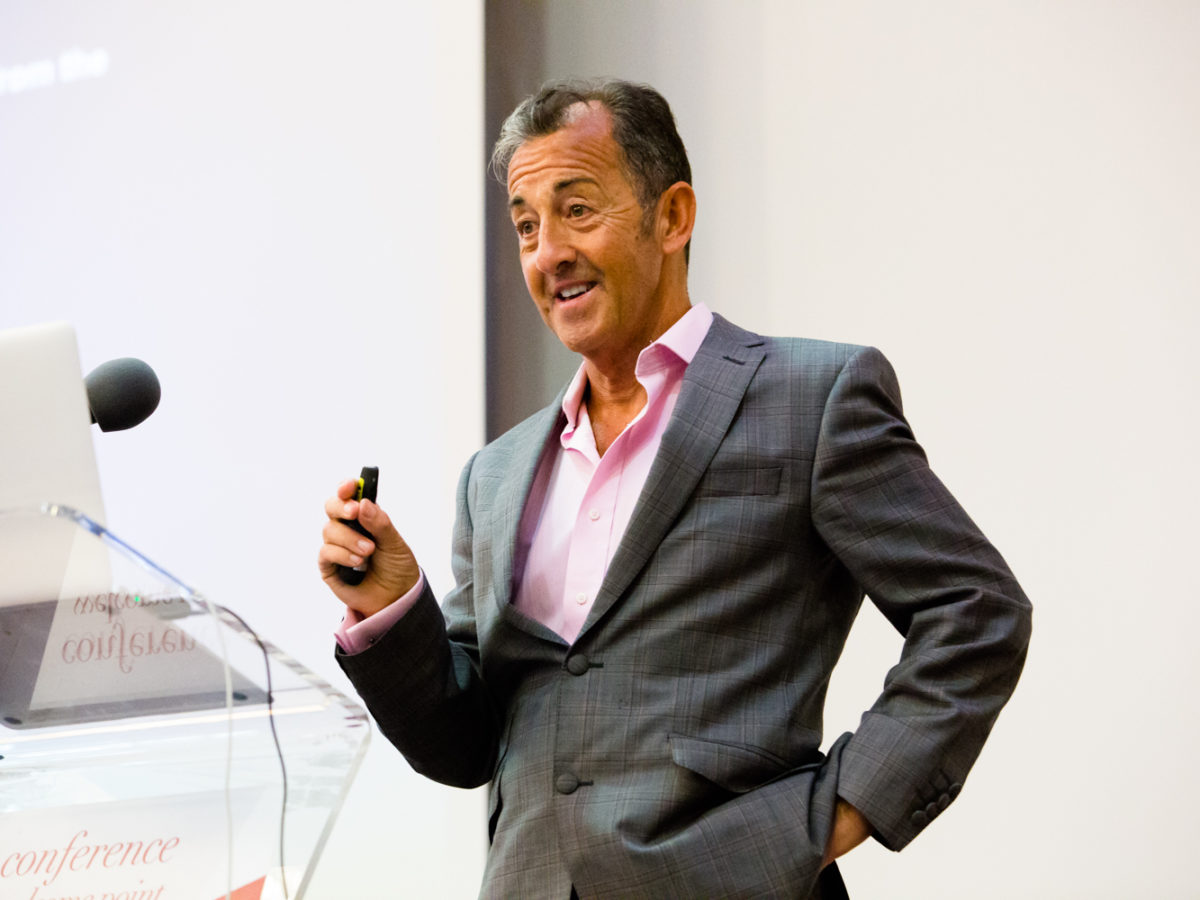
The Divided Self – How a Better Understanding of the Human Mind Could Transform Society
“we must recognise that people don’t actually have a mind – they have two, and this may hold the key as to why people behave in the way that they do. Human beings have ‘a divided self’ and the way that the two separate systems interact may ultimately hold the key to our survival.”
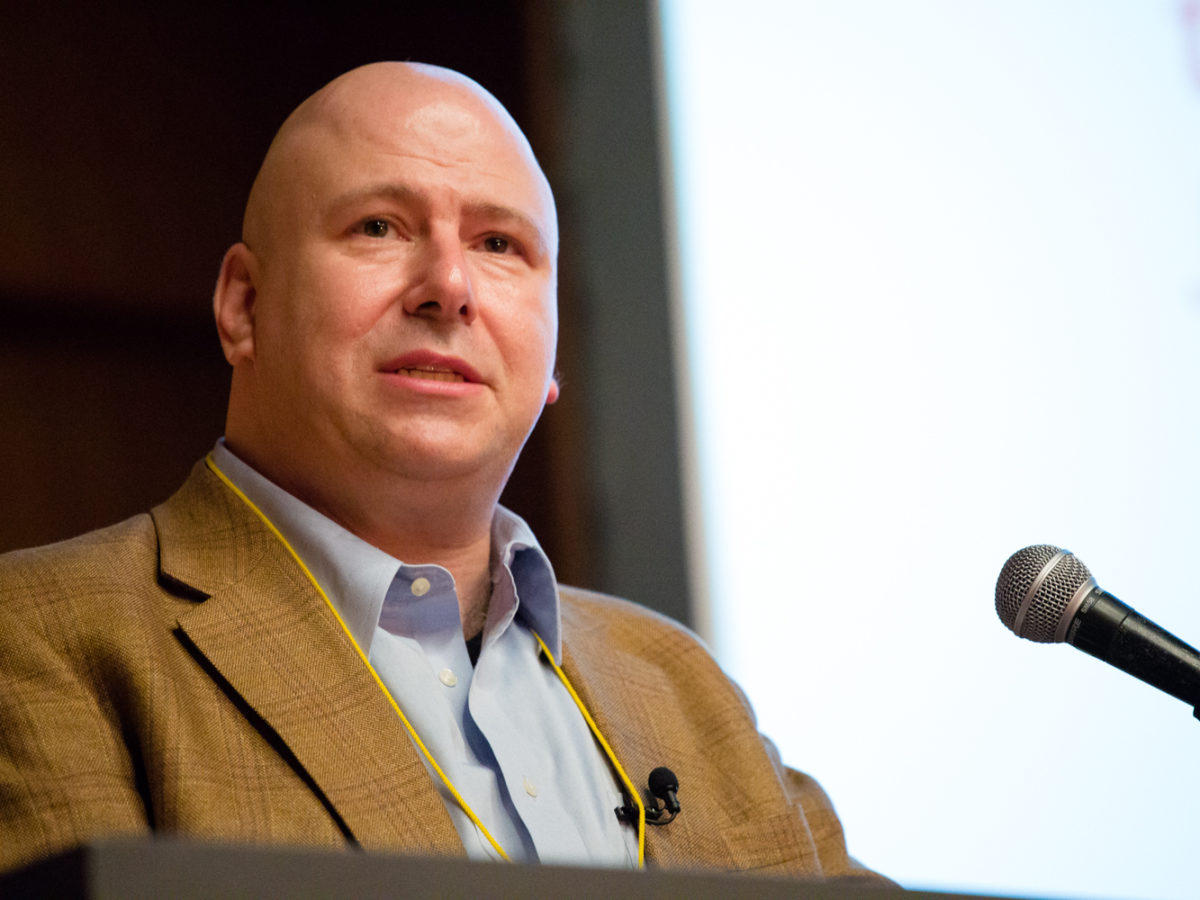
Constitutional Revision in Japan: The Risks for Freedom of Religion and Freedom of Speech
“It is up to the Japanese people to protect the freedoms they have come to value and which they have used in ways that benefit the entire world with Japanese creativity and insight.”
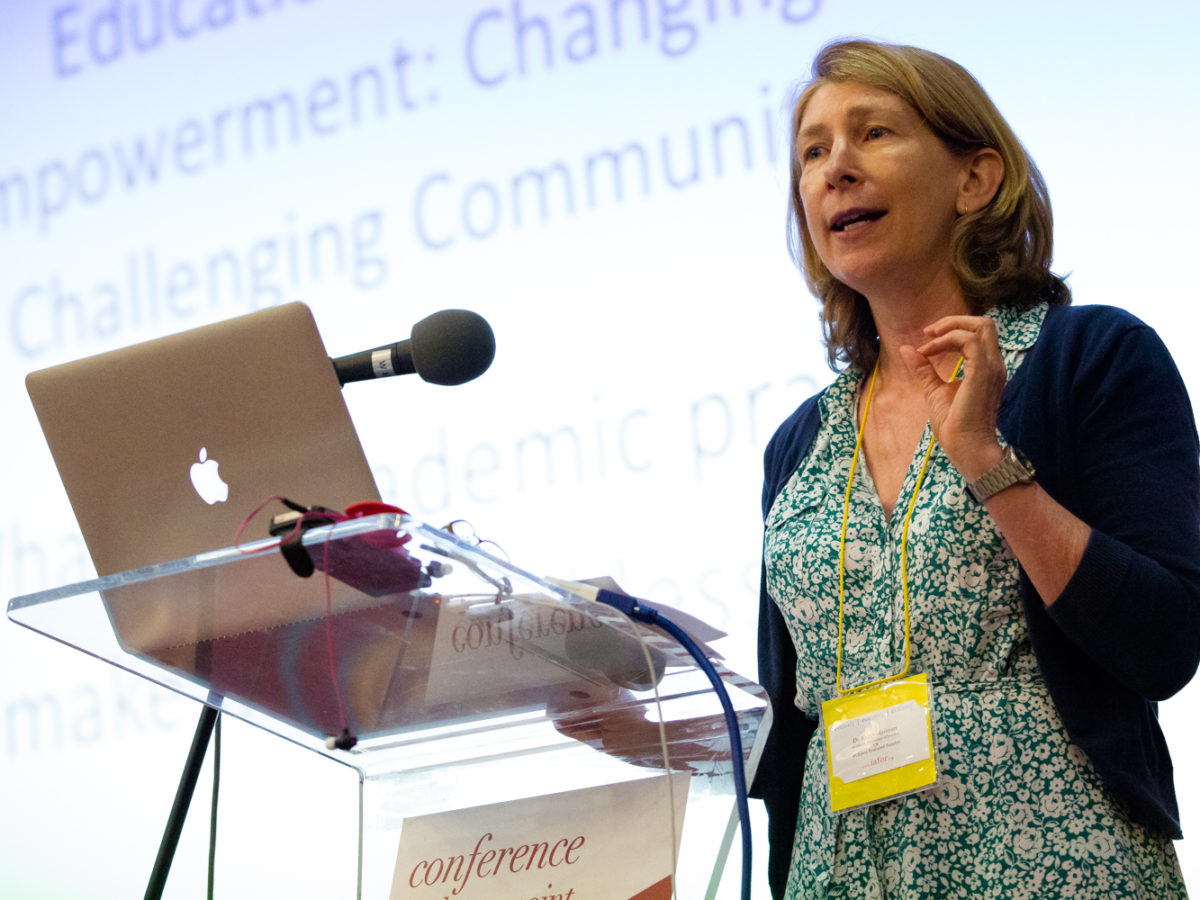
Challenging Practices – Imagining Spaces of Empowerment and Participation
How can education contribute to greater equality, and how we can begin to imagine more democratic and empowering spaces in education?
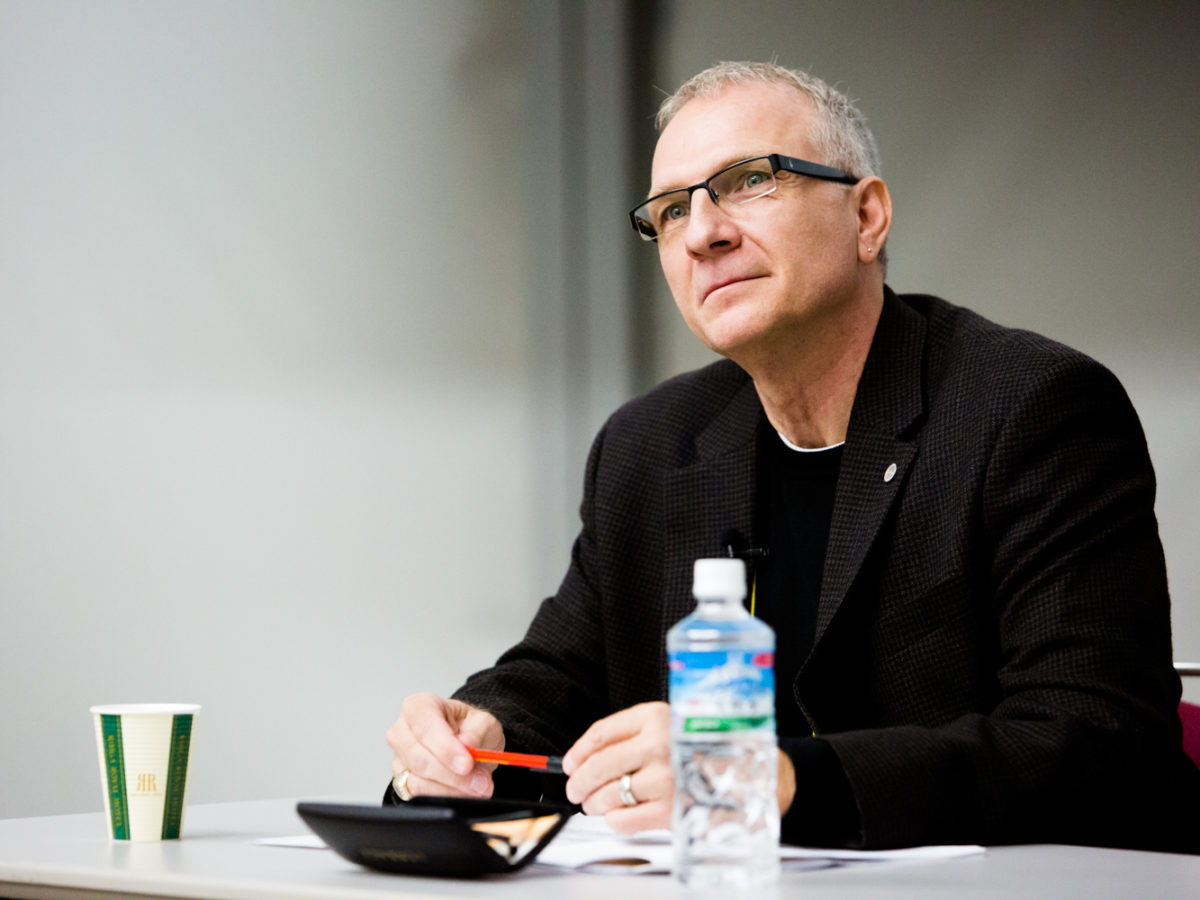
Journalism, Academics and Chinese Media
Three-time EMMY award-winning producer, Professor Gary E. Swanson sits down with Dr Joseph Haldane to discuss his career in journalism and his experiences as an academic in China.

